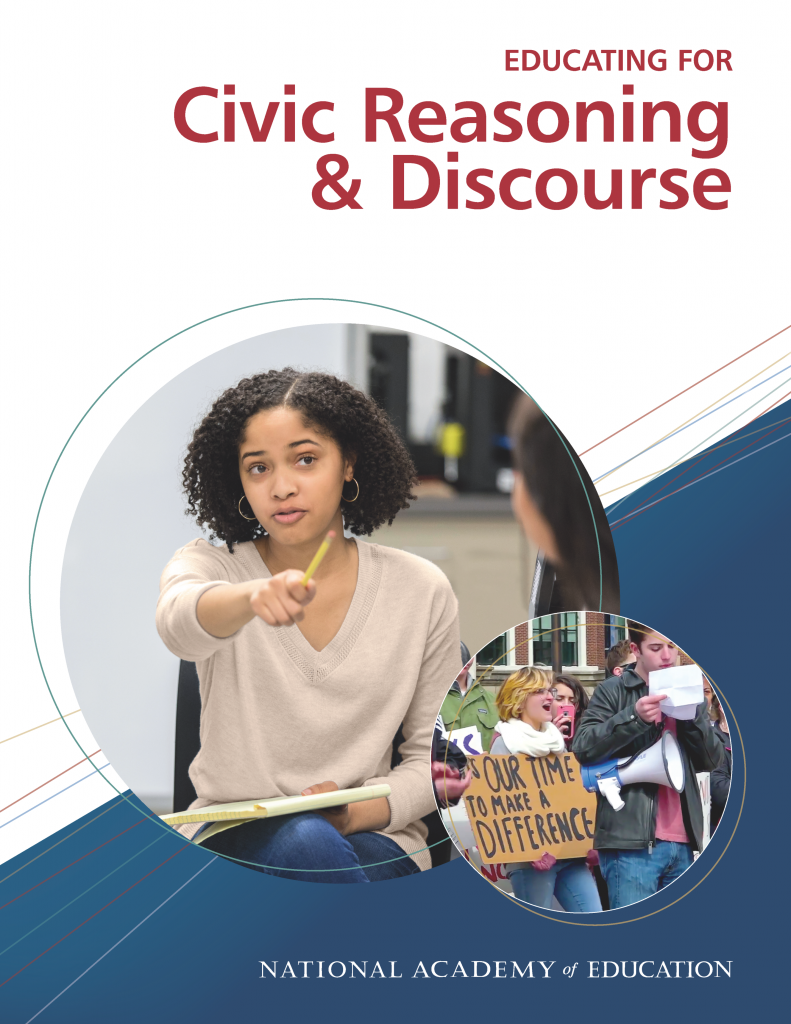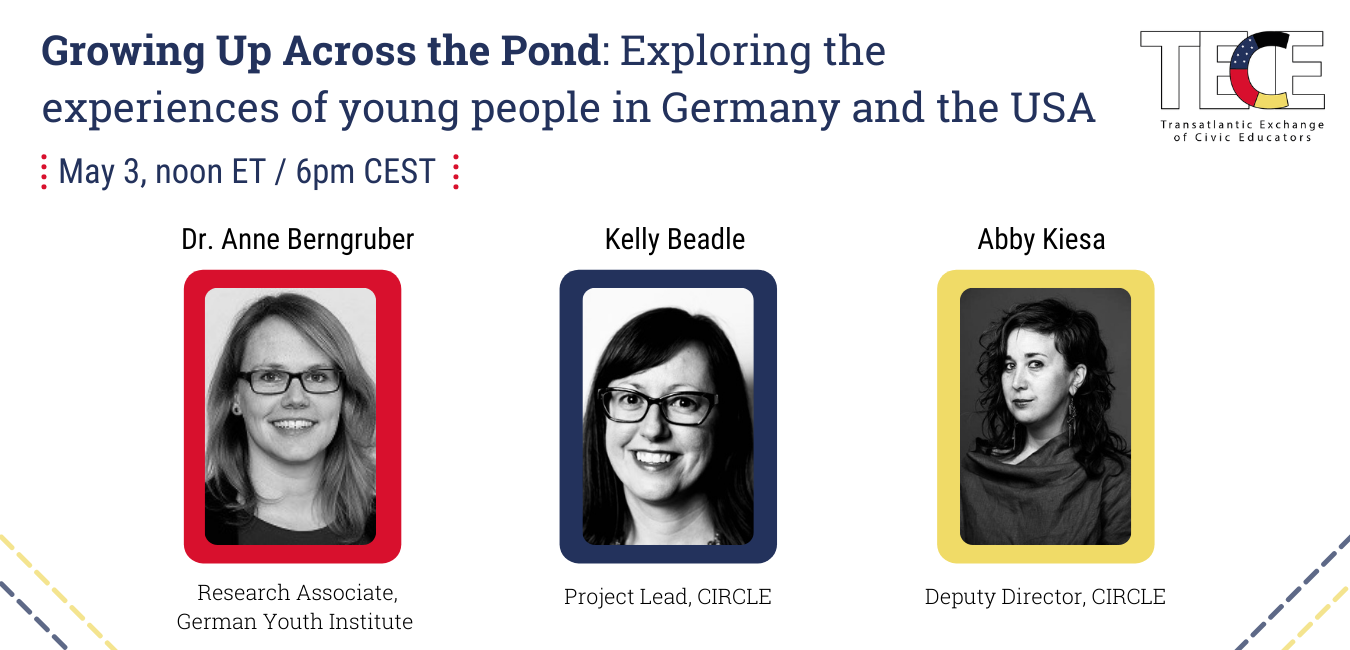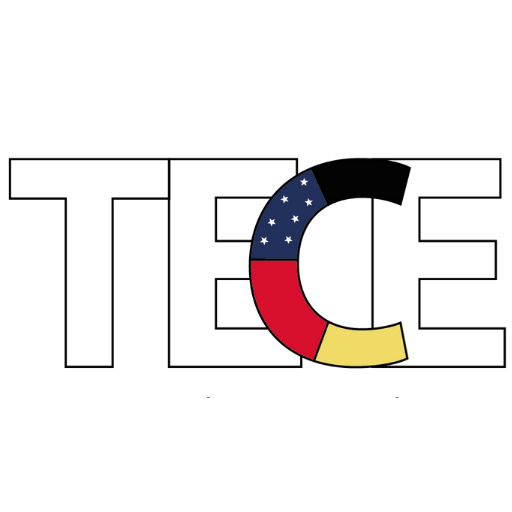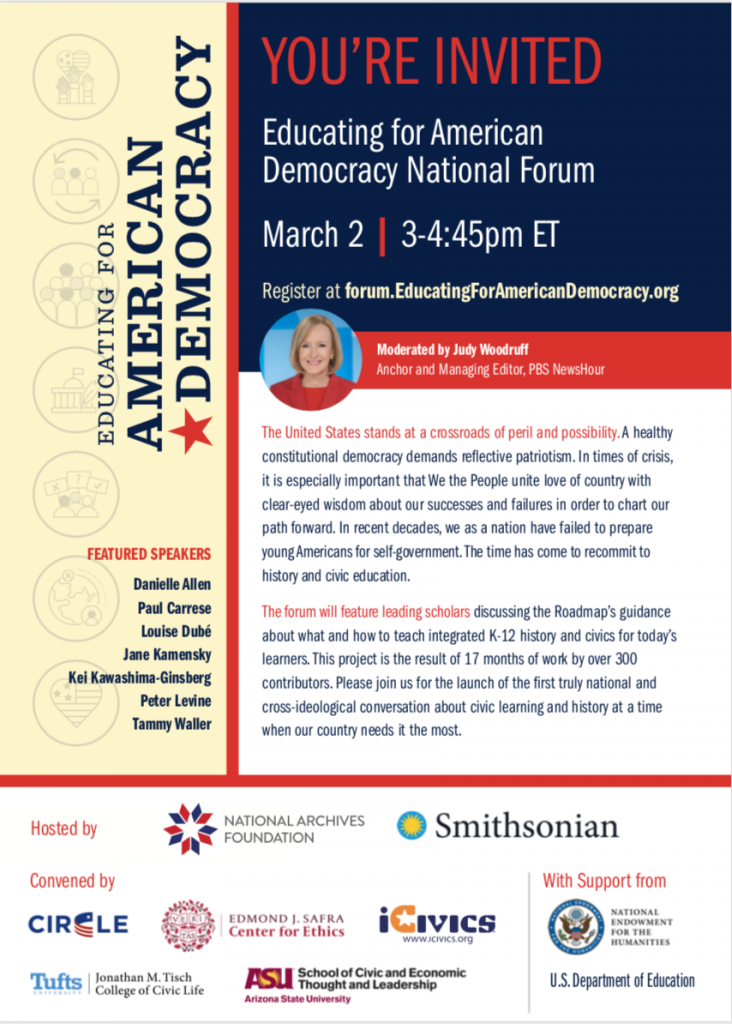I have a new post up today on Medium, thanks to McGraw-Hill. It’s entitled “Reimagining Civic Participation Through the Science of Association.” It begins …
America’s constitutional democracy depends on us — the people — to organize ourselves in groups of all sizes and for many purposes. Voluntary associations address community problems, they make it possible to limit the scope of government, and they empower people to express their diverse beliefs and passions. Freedom of association is both a constitutional right and a pillar of American society.
Unfortunately, human beings do not automatically know how to associate well. Challenges arise that lack obvious solutions. How can we resolve disagreements so that disappointed participants don’t quit or just drift away? What is the best response when some members shirk their fair share of the work? What is an effective way to prevent leaders from dominating a group or even stealing its assets? How should an association communicate its purpose and values to busy outsiders?
The Science of Association
Answers to these questions (and many others) constitute what Alexis de Tocqueville called “the science of association.” Visiting the United States in 1831, he credited the success of our young republic to the people’s skill at this “mother science of a democracy.” He observed that Americans had perfected this “science” better than any other nation and had used it for the most purposes.
The traditional way to learn how to associate was to join functioning groups and watch how they worked. In The Upswing (2020), Robert D. Putnam and Shaylyn Romney Garrett show that associational life grew and strengthened from about 1890 until about 1960 as Americans developed the science of association to unprecedented levels.
But then rates of membership shrank just as steeply. Today, most citizens do not feel they associate much at all. Just over one in four Americans report that they belong to even one group that has responsible leaders and in which they can actively participate. (Of these groups, religious congregations are the most common; online groups are also fairly frequent.)
When functioning groups are scarce and fragile, we cannot count on them to teach a younger generation to participate. However, schools can play a role in reversing this decline. [Read more here about what schools can do.]




